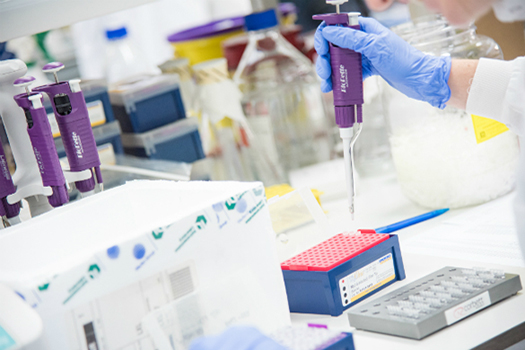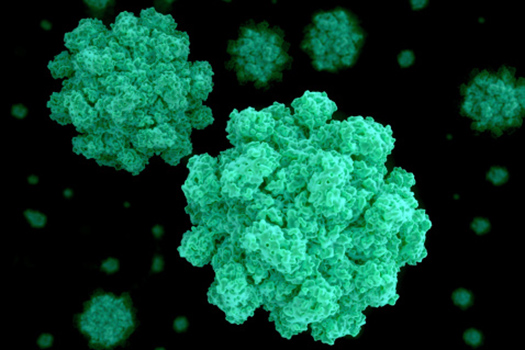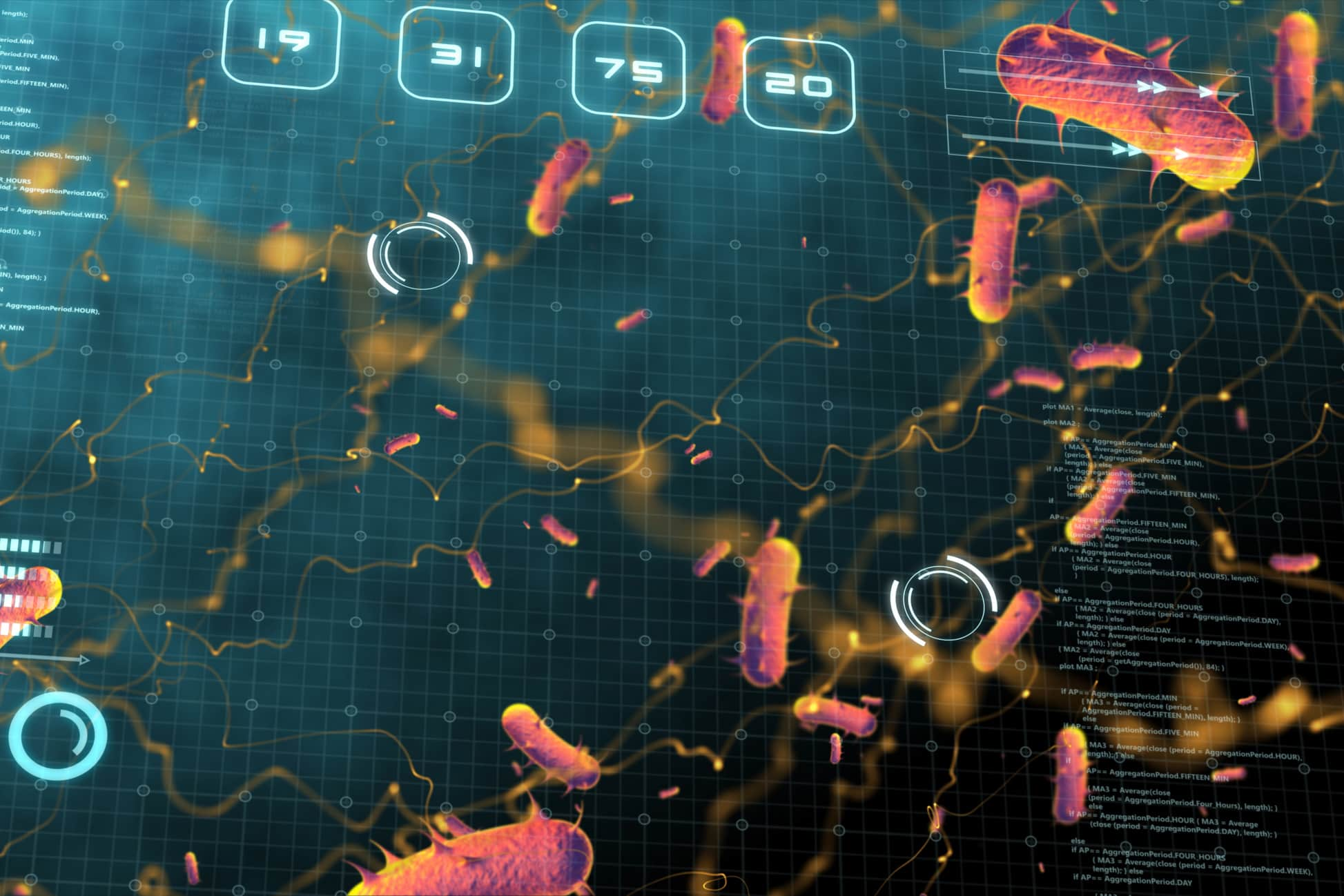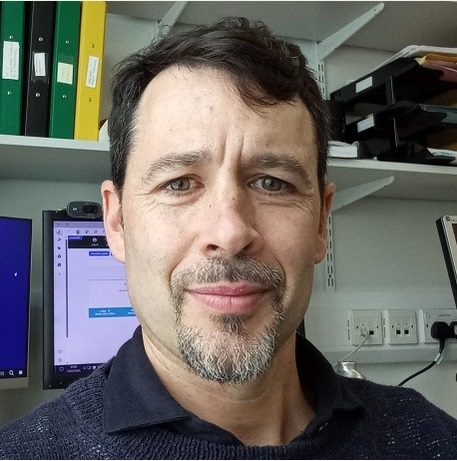Department of Clinical Infection, Microbiology and Immunology
- University home >
- Institute of Infection, Veterinary and Ecological Sciences >
- About us >
- Clinical Infection, Microbiology and Immunology
We conduct infection research of direct clinical relevance to humans, centred on improved diagnosis, treatment and prevention of infections. We investigate how pathogens cause disease, and our research aims to better understand the host response to infection and vaccination.
Our state-of-the-art research facilities encompass the Ronald Ross Building, a purpose built 5,000m2 facility which includes containment level II and III multi-user laboratories for in vitro and in vivo work, the MerseyBio Incubator, the Biosciences Building and the University’s Leahurst Campus.
Our work addresses infections of importance both in the UK and overseas and encompasses diseases in adults and children as relates to brain, respiratory and gastrointestinal disease, as well as HIV, sepsis and emerging zoonotic infections. A range of experimental microbiological, virology and immunological methods and techniques are employed, including -omics analysis, imaging, animal models of infection and clinical trials.
Staff in the Department of Clinical Infection, Microbiology and Immunology
Our challenges
Vaccines
Vaccines are the single most effective method to reduce the burden of infectious diseases in humans and animals, but many major diseases lack effective vaccines for their control. We are undertaking research to improve the effectiveness of current vaccines and drive the development of new vaccines for major diseases of humans and animals. Our vaccine research spans a wide range of viral, bacterial, and parasite infections.
Diagnostics
Many people and animals remain untreated for infectious diseases because of a lack of accurate, affordable and available diagnostic tests. We are undertaking research to develop new diagnostic tests for diseases of humans and animals, as well as improving existing diagnostic tests.
Infection immunology
Our investigations encompass research on immune responses to infection, immunological regulation, antibody- and cell-mediated immunity, co-infection, and clinical trial vaccine efficacy, among others. A strong emphasis is placed on understanding the immune determinants of susceptibility and protection from infection, and on how this can inform the development of novel therapeutics and vaccines to globally important diseases.
Bacterial pathogenesis
Bacterial pathogens exploit a multitude of complex mechanisms to cause disease. For instance, they can express a wide range of molecular entities that bind host cell targets and facilitate their entry, proliferation and dissemination. The various strategies may be either unique to specific pathogens or conserved across species. Our research focusses on the identification and characterisation of all these various strategies.
Viral diseases
We aim to better understand viruses associated with significant global disease burden by investigating their molecular epidemiology and the features that allows them to emerge. We also explore the virus-host interactions underlying the infection process and carry out population-based studies to understand how host genetics and/or microbiome may influence susceptibility to, and outcomes of, infection.
Bacteriophage Biology
Bacteriophages are viruses that specifically infect bacteria. They are the most diverse group of microbes on the planet. Some of these viruses always kill their host bacteria upon infection, some cause chronic infection and some are temperate capable of either killing or integrating into the genome of their bacterial host, often conferring a toxigenic phenotype to their host. We study phages with respect to: their role in the evolution of bacterial pathogens, their utility in the control of bacterial infection and their impact that their carriage has on the biology of their bacterial host.
Research centres

Centre for Global Vaccine Research
Working to develop and implement the use of vaccines against major infectious diseases.

NIHR Health Protection Research Unit in Gastrointestinal Infections (HPRU GI)
Exploring and explaining the distribution of diarrhoeal diseases in the population, establishing for whom the disease burden is greatest and why.

NIHR Health Protection Research Unit in Emerging and Zoonotic Infections (HPRU EZI)
Supporting and strengthening Public Health England in its role of protecting England from emerging and zoonotic infections.










